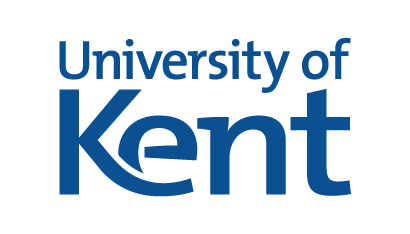
Reach your personal and professional goals
Unlock access to hundreds of expert online courses and degrees from top universities and educators to gain accredited qualifications and professional CV-building certificates.
Join over 18 million learners to launch, switch or build upon your career, all at your own pace, across a wide range of topic areas.

 I thoughtfully designed this course with you in mind. Throughout this ExpertTrack, you will get to know my voice via audio and videos. This ExpertTracks is unfacilitated, so you won’t see me in the comments, but I encourage you to speak with your peers in the discussion and make the most of each course.
I thoughtfully designed this course with you in mind. Throughout this ExpertTrack, you will get to know my voice via audio and videos. This ExpertTracks is unfacilitated, so you won’t see me in the comments, but I encourage you to speak with your peers in the discussion and make the most of each course.



